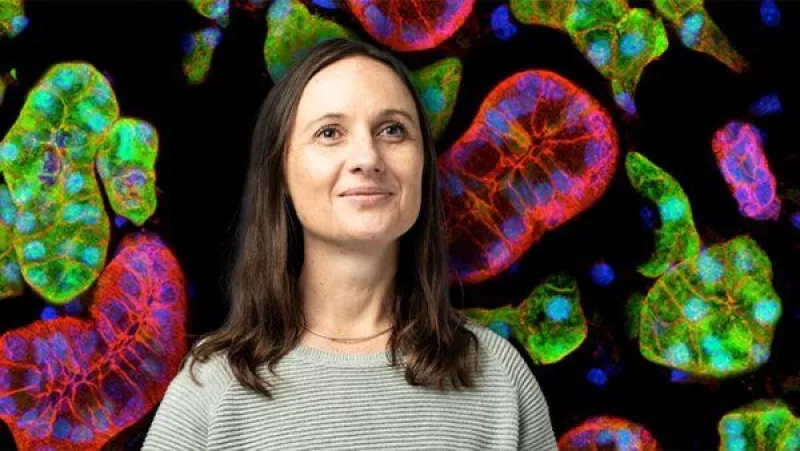In a significant stride towards addressing radiation-induced xerostomia, UCSF Eli and Edythe Broad Center of Regeneration Medicine and Stem Cell Research Scientist and Professor in the Department of Cell and Tissue Biology, School of Dentistry, Dr. Sarah Knox receives support for her innovative translational research. This will advance her promising stem cell-based project that accelerates the completion of translational state activities necessary for advancement to clinical study or broad end-use.
Dr. Knox's project, titled "Neurogenic Hydrogel Stimulation of Stem Cells to Regenerate Radiation-Damaged Salivary Glands," seeks to combat the pervasive issue of xerostomia, commonly known as dry mouth. This condition, often caused by radiation therapy, results in various oral and digestive complications, including tooth decay, oral mucosa damage, and difficulties in speaking and swallowing, that significantly deplete quality of life. Head and neck cancer patients are particularly affected by receiving ionizing radiation that inadvertently damages salivary glands. With no regenerative treatments available, this outcome is irreversible.
The existing treatments for xerostomia are palliative, providing temporary relief without addressing the underlying cause. Dr. Knox is developing an injectable hydrogel to stimulate salivary gland tissue regeneration using the body's stem cells. Positive early studies in animals support this innovative approach, built on Dr. Knox's expertise in salivary gland development—underscoring how developmental biology insights can drive real-world progress.
The project's next phase will involve pre-clinical studies to support an Investigational New Drug (IND) application. These studies will encompass safety assessments, toxicity evaluations, pharmacokinetics, sterility testing, stability assessments, and biocompatibility testing. The ultimate goal of this research is to provide the first-ever regenerative treatment for radiation-damaged salivary glands, offering hope for a better quality of life to those who suffer from this debilitating condition.
Are you interested in learning more about Dr. Knox, her work, and her inspiration? Listen to a 2020 podcast, “Discovering Cures Through the Wonders of Saliva.”

